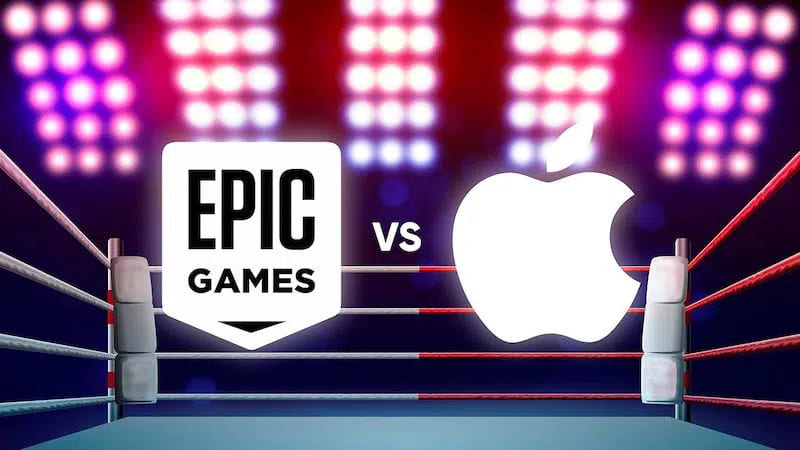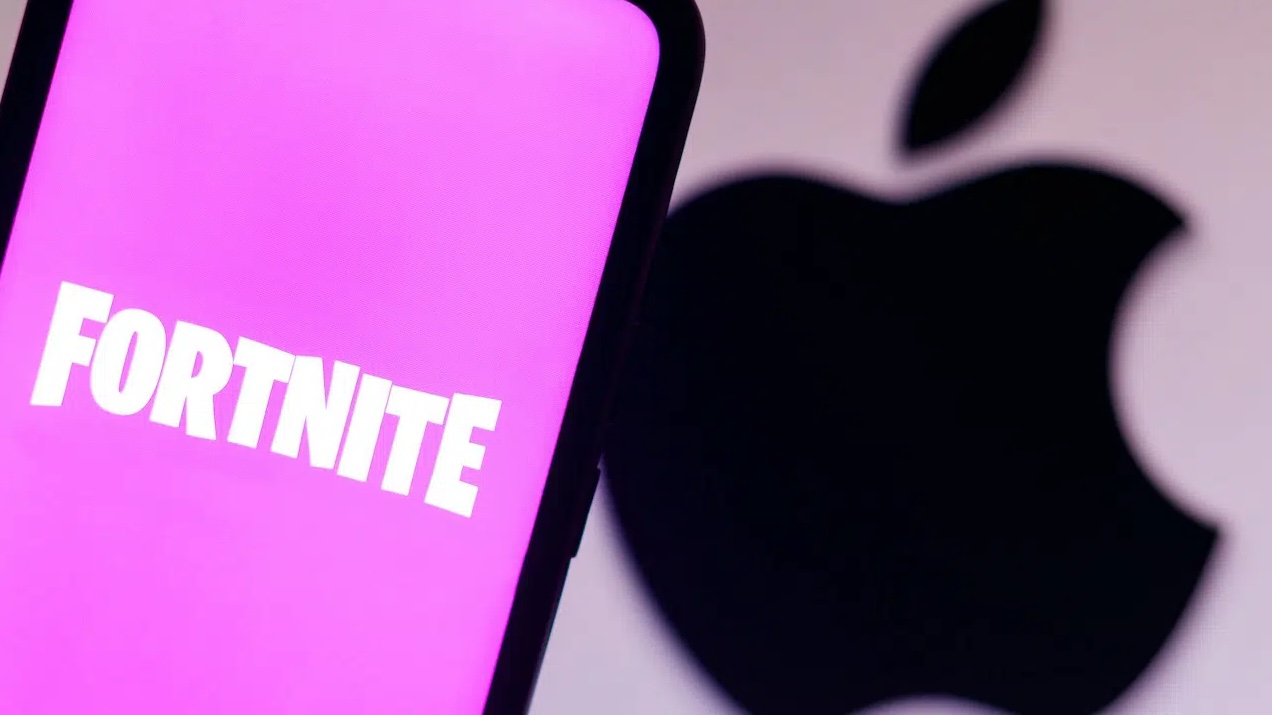Today, March 7, the Digital Markets Act, acronym DMA, comes into force. That is, a European Union law that aims to regulate large technological platforms, to guarantee plurality in the digital market.
So it would have been legitimate to hope that, once the excessive power of big tech was inhibited, we would no longer witness long-standing disputes like the one between Apple and Epic Games.
Unfortunately it didn’t go that way, and the hints were already there a few hours after the green light was given to the DMA. When thirty-four companies and associations, led by Epic (and Spotify), sent a letter to Margrethe Vestager, European Commissioner for Competition, and Thierry Breton, European Commissioner for the Internal Market. In which, essentially, they argued that Apple was flouting the Digital Markets Act.
Final act of the clash? Not at all, because On Wednesday, March 6, Apple responded to Epic Games in the most striking way: by closing Epic’s developer account. Let’s find out what happened.

Apple shuts down Epic’s developer account
After three years of ban (later we will summarize the reason), in February Epic announced its imminent return to iOS. He would have done it thanks to a personal store, Epic Games Store. And he would have done it in Europe, thanks to the rules of the Digital Markets Act. In short, users on our continent would have been able to download Fortnite and other Epic games again.
They could have, indeed. Because through a post published on the official website on March 6, Epic has announced that Apple has closed its developer account. We read in the post: “To our surprise, Apple closed that account and now we cannot develop the Epic Games Store for iOS. This is a serious DMA violation and shows that Apple has no intention of allowing true competition on iOS devices.”
He DMA
We remind you that the Digital Markets Act has identified six big tech companies defined as gatekeepers, and among these there is also Apple.
Gatekeepers, among other things, must allow for plurality. So, for example, the Cupertino company must allow the installation of alternative stores on iOS. So Epic had announced its Epic Games Store, which would be operated by Epic Games Sweden. If Apple’s ban hadn’t arrived.
Apple’s ban on Epic
What happened?
It seems that Tim Cook’s company contacted Tim Sweeney, CEO of Epic Games, directly to obtain the necessary guarantees regarding the fact that all the conditions in force on the iOS platform would be respected. Guarantees did not arrive, to the point that March 2nd Apple has decided to close Epic’s developer account. Even publicly declaring that the company is “clearly unreliable”.
More specifically: “Epic’s gross breach of its contractual obligations to Apple has led the courts to rule that Apple has the right to terminate any or all of Epic’s subsidiaries, affiliates, and/or other wholly-owned entities. Games at any time and upon Apple’s decision.
In light of Epic’s past and current behavior, Apple has chosen to exercise this right.”
Epic’s reaction
Epic points out that Apple’s decision was made in open conflict with the rules of the Digital Markets Act, and has made it known that it will bring its store to iOS through another company.
“By terminating Epic’s developer account, Apple is eliminating one of its largest potential competitors from the Apple App Store. They are undermining our ability to be a viable competitor and are showing other developers what happens when you try to compete with Apple or criticize their unfair practices.”
The Apple-Epic clash in a nutshell
A very quick review of previous episodes.
It all began in August 2020, when Apple excludes the Fortnite game from the Apple Store, because Epic had added alternative payment methods to bypass the 30% commission requested by Tim Cook’s company from developers. From there a long and complex process with mutual accusations.
It ended with Epic paying $3.5 million for breach of contract with Apple. But Apple in turn, the court ruled, can no longer “prohibit developers from including in their apps and their metadata buttons, external links, or other calls to action that direct customers to purchasing mechanisms, in addition to purchases In-App.”
The final step was the decision of the US Supreme Court to reject the appeals of both companies. And now, what other developments await us?















Leave a Reply
View Comments